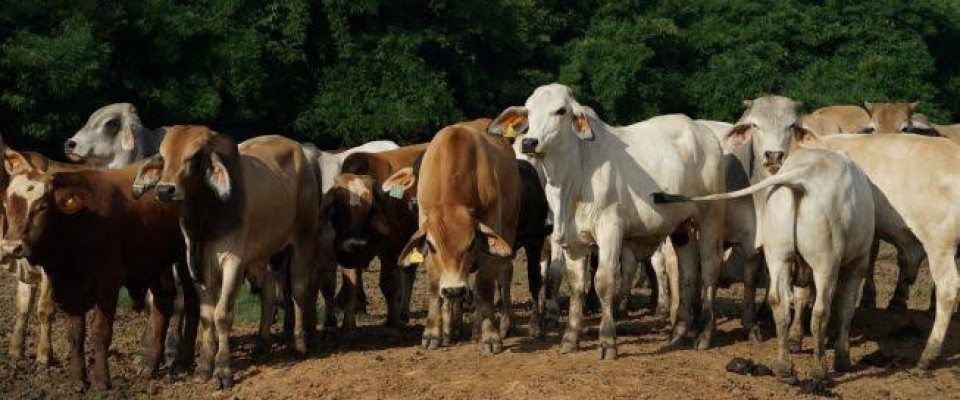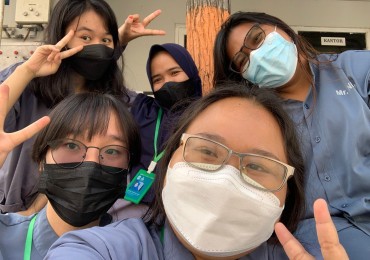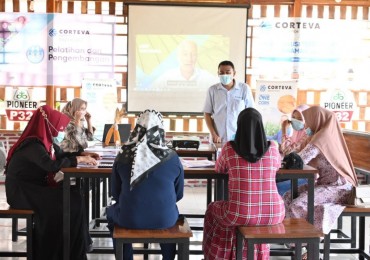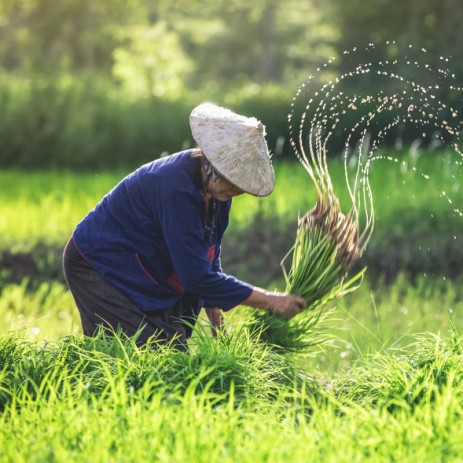news
Meat Imports in Indonesia: Bring Positive or Negative Impact?
31 May 2023
On April 2023, Indonesia Government was importing 18,000 tons of meat from India into Indonesia. Meat imports activities also coincide with the month of Ramadan and Eid al-Fitr by Badan Pangan Nasional to distribute meat stocks for public. Arief Prasetyo Adi as Head of Badan Pangan Nasional said the reason government importing meat from India because meat stocks in Indonesia were depleting and to prevent meat scarcity so that meat prices in society still stable. Badan Pangan Nasional will monitoring the distribution of imported meat in market and supermarkets at price Rp. 85,000.00-Rp. 90,000.00/kilogram.
Import activities in Indonesia especially on meat import activities has a legal basis governing in Law No. 18 of 2012 Article 14 as follows:
- (1) Sources of food supply come from domestic production and national food reserves.
- (2) In the event that the source of supply of food as referred to in paragraph (1) is not sufficient, food can be fulfilled by importing food according to need.
Meat import activities can be carried out in order to meet consumption needs so that the fulfillment of nutrition is evenly distributed in all levels of society when conditions for local meat stocks are running low, keep meat prices affordable, and maintain hens for breeding.
However, meat import can give a negative impact if carried out continuously, especially for the welfare of local breeders, meat quality, and the country's economy. Some of the disadvantages of meat imports are make income of local breeders decreased, skills and management of local breeders have not developed, imported meat has the potential to be affected by foot and mouth disease and import can decrease foreign exchange.
Therefore, to suppress meat import so as not to have a negative impact on the livestock sector and the economy in Indonesia, this can be done in the following ways:
-
Provide education on livestock management
-
Applying good farming practices to breeders
-
Administer vaccines to farm animals regularly
-
Improving the quality of seeds and animal feed
-
Increase the livestock industry with advanced technology
Thus there needs to be a real contribution in advancing the livestock sector from the government, local breeders, private institutions, and the community so that the availability of meat in Indonesia is adequate.
(Picture from suara.com)
 Back To List
Back To List




